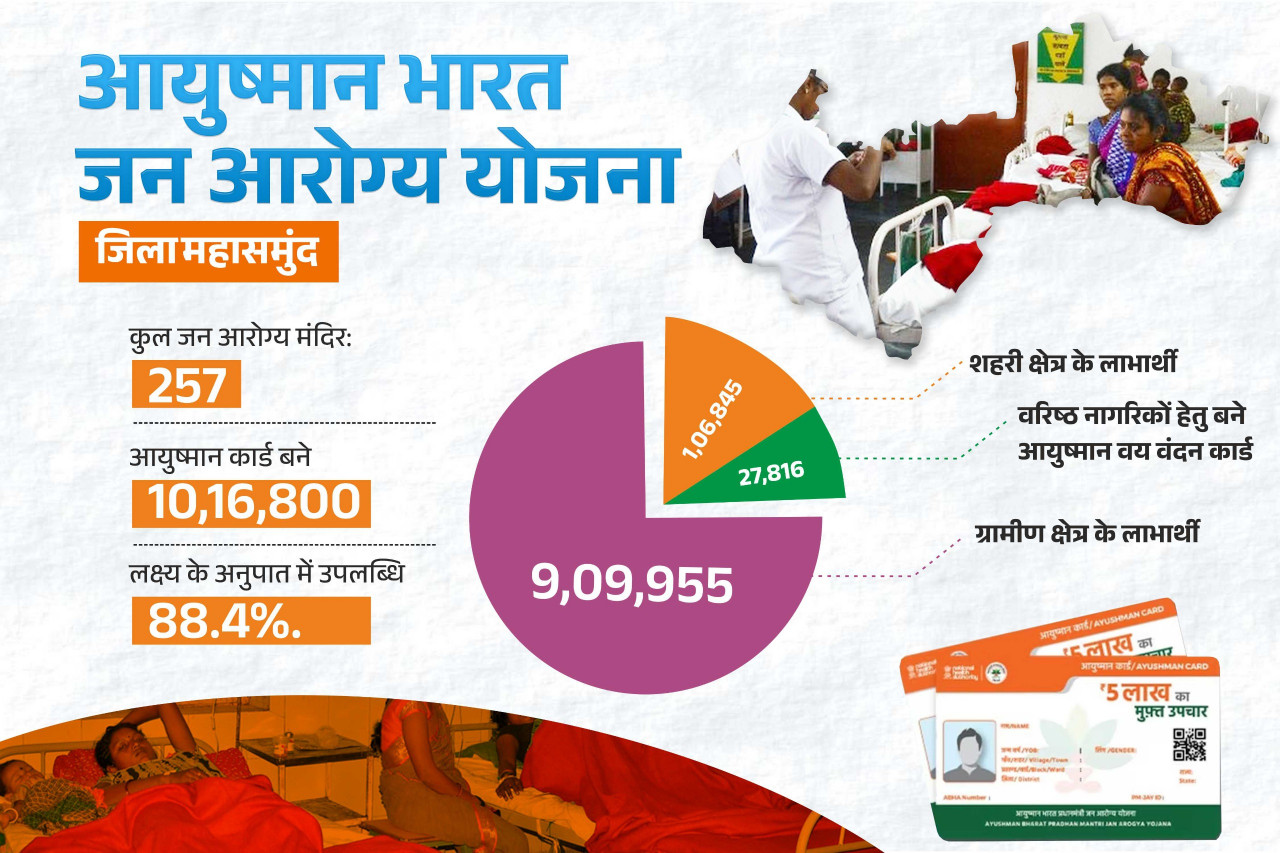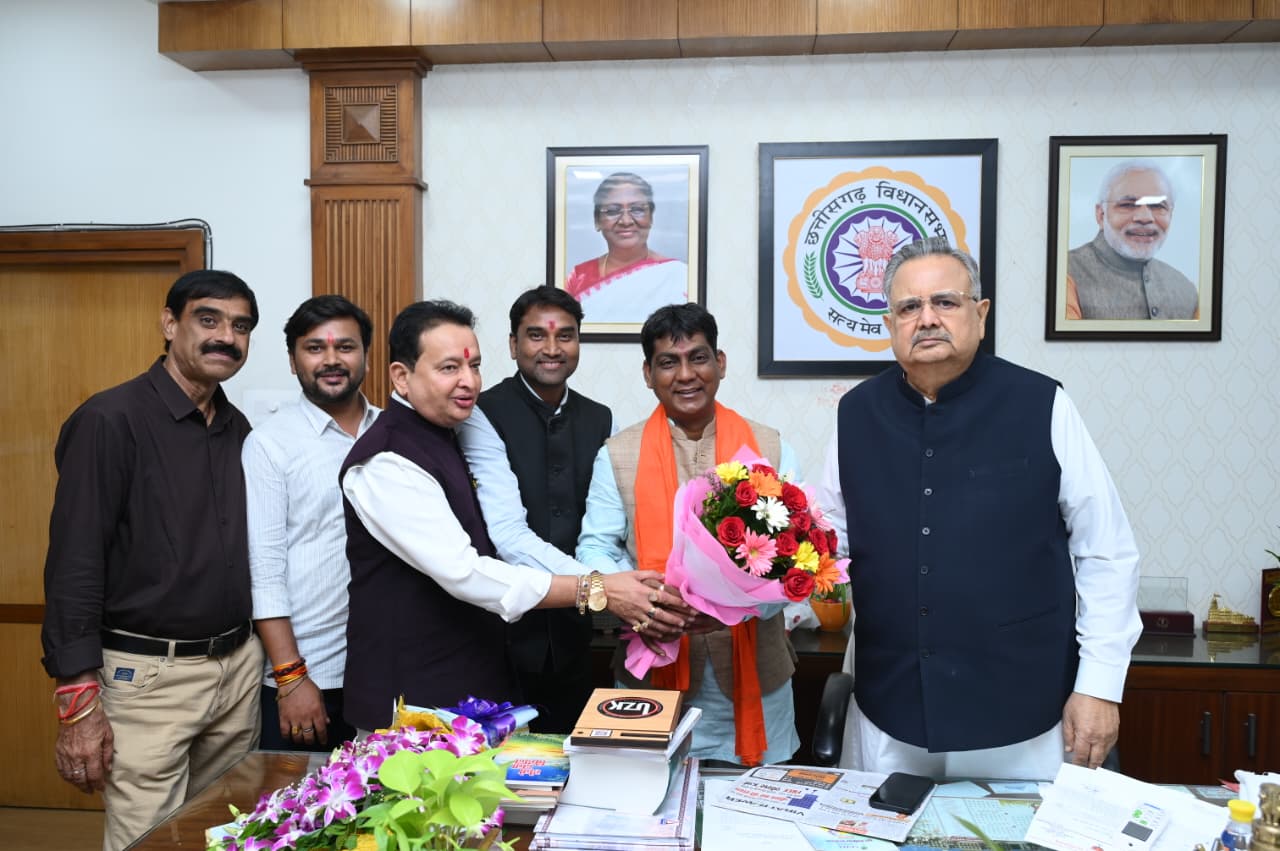
Dipika Khadka/Kathmandu (Nepal): The recent Supreme Court ruling directing the removal and confinement of stray dogs in Delhi and the National Capital Region has sparked widespread debate. Framed as a measure to protect human life, this decision exposes a deeper failure: the inability of so-called higher beings to exercise compassion, responsibility, and foresight.
As someone deeply connected to animals—without the greed of breed or the vanity of ownership—I find joy simply in seeing them live freely. Watching stray dogs roam and share small moments of freedom brings a sense of harmony. That is why this judgment feels unbearably cruel.
—
The Ruling and Its Impact
On August 11, 2025, the Court instructed authorities to remove stray dogs and place them in permanent shelters, citing a rise in dog bite incidents and rabies fatalities. While public safety is a fundamental right under Article 21 of the Indian Constitution, critics argue that protecting animals need not conflict with human welfare.
Greater Noida authorities announced plans for large shelters; however, animal welfare organizations have pointed out the impracticality and potential inhumanity of these measures, citing overcrowding and inadequate infrastructure. Evidence from other regions suggests that mass removal rarely controls dog populations effectively and may worsen the situation.
—
A Question of Humanity
Humans are often called higher beings, not only for intelligence but for the capacity to act selflessly. Animals, perceived as lacking judgment or ethical reasoning, are treated as “lower.” Yet in this ruling, that moral superiority appears to falter. Just because animals cannot speak does not give humans the right to dominate or endanger them.
Our legal system itself recognizes human immaturity—for instance, minors under 18 are not fully liable for their actions despite performing responsible tasks daily. If the law accommodates human imperfection, why should we demand flawless reasoning from creatures with no legal agency?
Cruelty toward animals is often normalized. Kicking, hitting, or teasing dogs is sometimes dismissed as “play,” yet when a dog defends itself, it is labeled aggressive. Such responses ignore the ethical responsibility humans hold toward those made vulnerable by our actions. Punishing animals for human failures—neglect, abandonment, or poor waste management—is both unjust and deeply inhumane.
—
The Flawed Logic of Safety
The Supreme Court reasoning that “animal rights activists cannot bring back those who died due to rabies” seems inconsistent when compared with other preventable causes of death. Cancer, road accidents, air pollution, and COVID-19 have claimed far more lives, yet we rely on regulation, awareness, and medical interventions rather than mass elimination.
Rabies, responsible for roughly 18,000–20,000 deaths annually in India, is preventable through vaccination and sterilization, making mass removal unnecessary and ethically questionable. True compassion does not require ownership; it requires protection of autonomy, life, and well-being.
—
Global Evidence of Compassionate Solutions
Global experience supports humane management.
World Health Organization: “Mass killing of dogs does not reduce rabies; sustained vaccination is the only effective strategy.”
Bhutan sterilized nearly all street dogs, significantly reducing rabies.
Sri Lanka cut rabies deaths by over 90% through vaccination and sterilization.
Turkey vaccinates, feeds, and shelters stray dogs while outlawing cruelty.
Kathmandu, Nepal returns sterilized and vaccinated dogs to the streets.
Portugal & Romania embrace Trap-Neuter-Return programs instead of culling.
Evidence demonstrates that preventive, compassionate approaches are more effective than forced confinement or mass removal.
—
Coexistence, Not Confinement
Safety and compassion are not mutually exclusive. Humane strategies—including vaccination, sterilization, awareness campaigns, and enforcement of anti-cruelty laws—protect both humans and animals.
Forced confinement creates a “vacuum effect,” where removed dogs are quickly replaced by others, perpetuating the problem and sending the message that humans can act without accountability.
Communities themselves can make a difference. Simple practices, like leaving a bowl of food and water near homes, ensure no dog goes hungry, fosters trust, and strengthens neighborhood safety. Even elite spaces, like five-star hotels owned by Ratan Tata, allow strays to coexist safely. This is not ownership; it is coexistence.
—
A Moral Choice for Humanity
Dogs and other animals have coexisted with humans for millennia, serving as companions, protectors, and helpers. They live on streets not by choice, but often due to human irresponsibility. Small gestures of care are met with trust and loyalty, yet punishing them for our failures makes criminals of innocent beings. Compassion, not punishment, must guide our actions.
The Supreme Court ruling, though intended to protect humans, fails both species. Humans, as higher beings, should demonstrate greatness through coexistence rather than domination. Advanced science and experience prove that vaccination, sterilization, awareness, and community participation are effective.
If dogs truly threatened human survival, nature would not have allowed this long-standing coexistence.
—
Conclusion: Defining Our Humanity
This is not merely an issue for Delhi or India; it is a concern for humanity. Our actions set precedents for ethical treatment of voiceless beings. Choosing cruelty disguised as control diminishes moral progress; embracing compassion strengthens it.
Societies are judged not by temporary safety but by how they uphold justice and empathy toward the vulnerable.
The decision to confine or remove stray dogs may appear to provide order, but it undermines both compassion and science. Humane approaches ensure safety without cruelty and reflect a society that values coexistence.
The question is simple: Will humans continue the cycle of domination, or will we choose coexistence and responsibility?
The answer will define the kind of world we leave for both humans and animals.
—
By: Dipika Khadka
Nursing Officer, Chautara Provincial Hospital, Sindhupalchowk
Kathmandu, Nepal | Writer & Animal Welfare
Address: Kathmandu, Nepal
Profession: Nurse, Government of Nepal
Current Role: Nursing Officer, Chautara Provincial Hospital, Sindhupalchowk
Passion: Deep love for all beings; strong compassion for animals, especially voiceless creatures
Personality: Independent thinker and activist; raises voice on societal and global issues
Writing: Poetry as mainstay; several poems published, with more planned for publication





